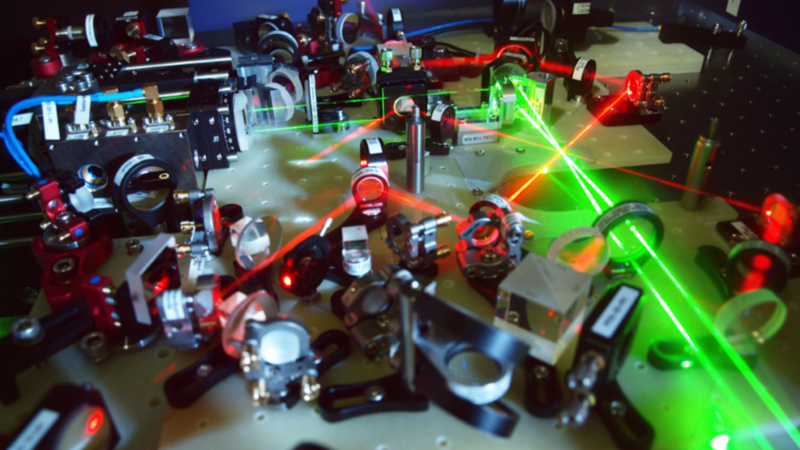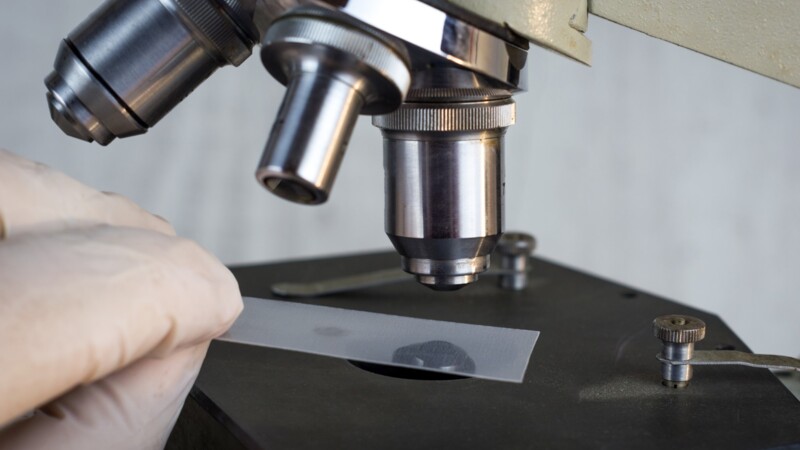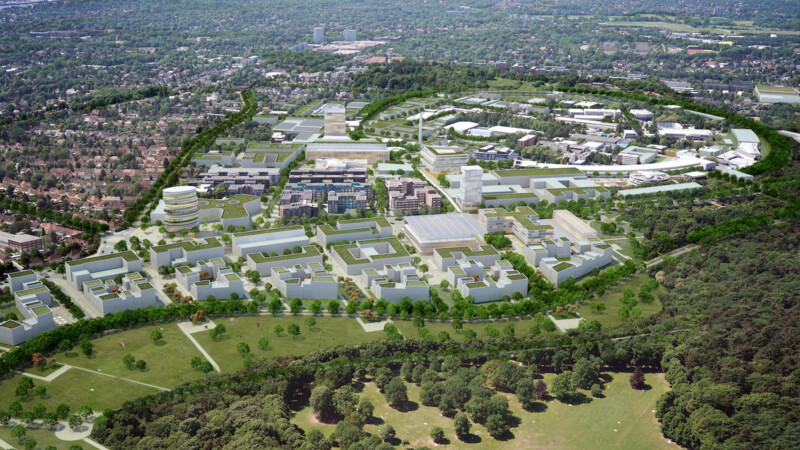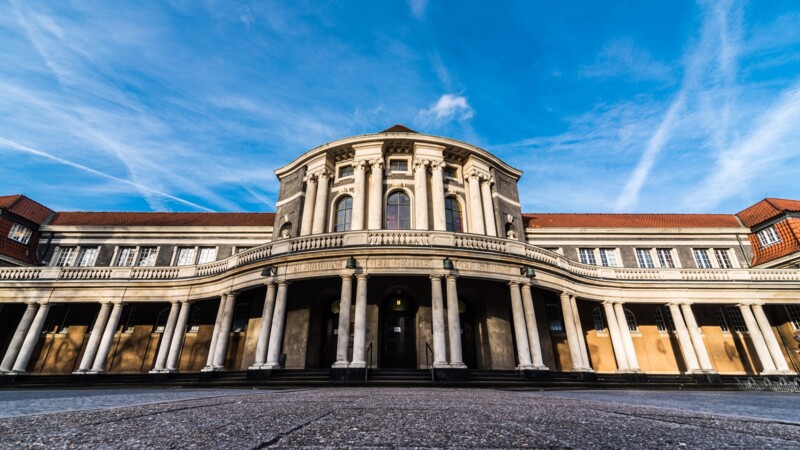Scientists in four interdisciplinary clusters are investigating issues in astrophysics, climate research and photon science, and writing artefacts. The cluster "CUI: Advanced Imaging of Matter" is investigating what makes atoms move in a specific way creating new structures with special functionalities. Scientists at the University of Hamburg, the Max Planck Institute for Structure and Dynamics of Matter (MPSD), European XFEL and DESY are involved. Their research approach develops theories that are applied in experiments. Around 80 per cent of the funding went to young scientists who are being prepared for professorships and leading positions as part of a schemen for junior researchers. The cluster has released well over 600 publications.
More than 500 projects and persons were funded, twelve professors hired, new centres for sustainability, digitalisation and transfer opened and research by four clusters of excellence has yielded rewards, according to the University of Hamburg’s interim balance presented in May . Four years ago, the university became one of eleven distinguished as a university of excellence by the Science Council and the German Research Foundation.
Research and funding in the photon and nano sciences
Particle physics and gravitation
The "Quantum Universe" cluster is examining how particle physics and gravitation can help understand the development of the universe after the Big Bang. The focus is on dark matter, gravitational waves, quantum theory and astrophysics. Scientists at the University of Hamburg and the German Electron Synchrotron (DESY) are focusing on theory and experiment as exemplified by the new HAFUN research building in Science City Hamburg Bahrenfeld. The building now under construction will eventually house all experimental scientists and laboratories while theoreticians will be housed in the neighbouring Wolfgang Pauli Centre. The cluster also organised the European High-Energy Physics Conference 2021 which will be followed by a conference this summer in Hamburg. The "Quantum Universe's" other successes include over 1,000 scientific publications and a graduate school.
Fifteen new funding schemes
The cluster "Climate, Climatic Change, and Society" (CLICCS) focuses on oceanography to peace research and from economics to biology and to the plausibility of limiting global warming to 1.5 degrees Celsius. The cluster is also examining possible scenarios for cohabitation in aggravated climate conditions and presented key findings on the thawing of the permafrost and the effects of a warm water bubble in the Pacific. The Cluster currently funds 61 PhDs and 24 postdocs researchers. Research in the "Understanding Written Artefacts" (UWA) cluster is undertaken with e.g., the humanities, natural sciences and computer sciences which facilitates the study of artefacts from cuneiform writing to the digital age. A tomograph developed in the cluster makes e.g., cuneiform tablets from ancient Mesopotamia legible. UWA has brought more than 20 scientists to Hamburg through its fellowship scheme and has filled professorships in bioinformatics, Assyriology and archaeometry. A total of 15 new funding schemes worth EUR 6.5 million have been created. Many domestic and international collaborations have been expanded as a result of the funding as a university of excellence.
nj/mm/pb
Sources and further information
More
Similar articles

Hamburg banking on quantum computers

EUR 7.5 million ERC Advanced Grants for UKE and University of Hamburg

